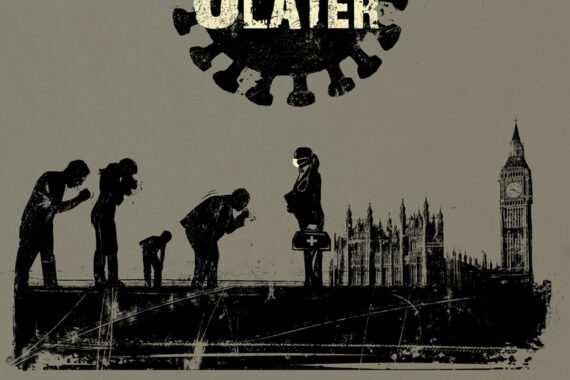
Everything changed in March 2020, and general practice is still feeling the consequences of the Covid pandemic four years on
Pulse’s April 2020 cover feature read that general practice would in future be divided into ‘two eras – Before Coronavirus and After Coronavirus’. Few would disagree this line holds up.
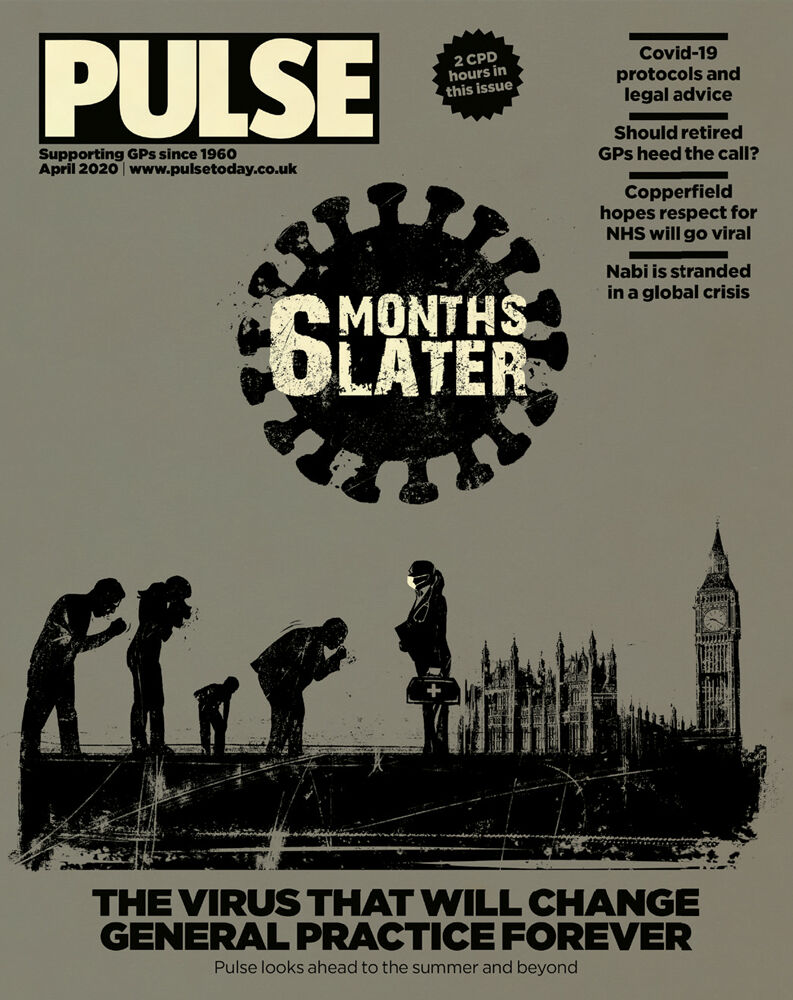
When Covid hit, issues that would dominate our pages were turned on their head literally overnight. The gradual rollout of remote GP services, which had been happening over years, was introduced in days as NHS England mandated a move to ‘total triage’. The staples of our news pages, such as CQC inspections, revalidation, QOF tick boxes, online bookings, DESs and LESs, and complaints were all suspended by mid-March so GPs could ‘concentrate their efforts on the front-line duties’. The irony being, of course, that GPs had been calling for such measures to allow them to focus on patient care for years.
Elective care was frozen, with GPs having to take responsibility for patients who would normally be treated in secondary care. Then there was the task of transforming surgeries overnight, introducing ‘hot’ and ‘cold’ areas for those with Covid symptoms and those without respectively. Retired GPs were called on to come back to service, to help support the NHS.
Then came the biggest vaccine roll-out in British history. In November 2020, Pulse revealed in a world exclusive that the NHS was expecting to start vaccinating by the end of the year, and had already developed a DES. On 2 December, the UK became the first country to authorise the Pfizer-BioNTech Covid-19 vaccine for use. A mere two weeks later, more than 200 GP-led sites in England started vaccinating patients.
GPs, of course, suffered. At least 16 GPs were among the UK doctors to have died with the virus during the pandemic, with Pulse having collated tributes to each of them. As well as that, vast numbers suffered the effects of long Covid.
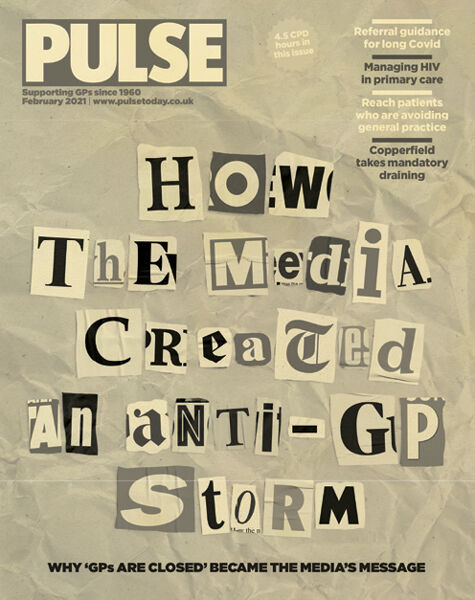
So what are the lasting legacies? Sadly, they are pretty much all negative. There is of course long Covid. But within general practice, the main impact has been the relationship with patients. Because despite being on the frontline all along, GPs across the country encountered frustrated patients who believed primary care services were shut during the crisis. A Pulse investigation into the harmful messages spread by the media found at least 164 articles in 2020 relating to access to general practice, with almost half suggesting practices were shut or providing poor access to appointments, claiming GPs were ‘refusing’ to work, or that they should be ‘back at work’.
Such messages were promoted by the NHS and the Government. In May 2021, NHS England issued a letter to practices which said that GP patients needed to be offered face-to-face appointments if that was their preference. The infamous letter caused a storm rarely seen in general practice, and was branded ‘tone deaf’ by the BMA and dismissed as a ‘memento to incompetence’ and ‘ridiculous’ by LMCs.
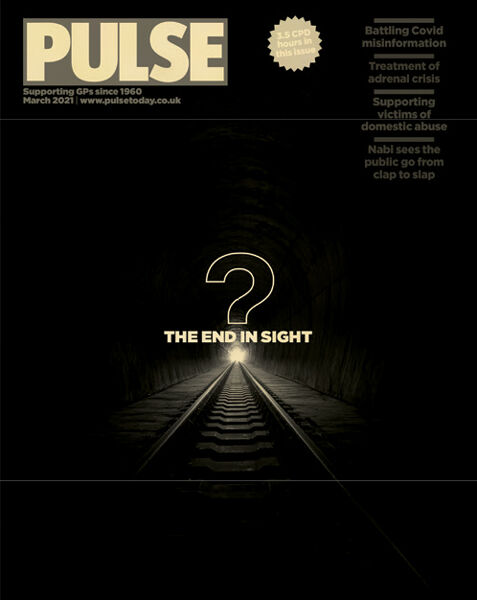
In July 2022, the Government launched the first investigation for its long-awaited Covid-19 inquiry to assess its handling of the pandemic. Former health secretary Matt Hancock appeared more recently in front of the inquiry and said he was ‘profoundly sorry for every death’ caused by the pandemic and that the system had been ‘geared towards how to clear up after a disaster, not prevent it’. The BMA chair told the inquiry that doctors felt they ‘might die’ because the NHS was ‘so unprepared’ to cope with the virus. Previously, a BMA report said the Government ‘failed in its duty of care’ to doctors in its handling of the pandemic, with respondents to a call for evidence citing lack of infection prevention and control, including insufficient PPE and Government messaging.

The profession hoped that the crisis would bring an appreciation that the huge amount of bureaucracy in general practice is not necessary. But – so far at least – these aren’t the messages that have been taken away.
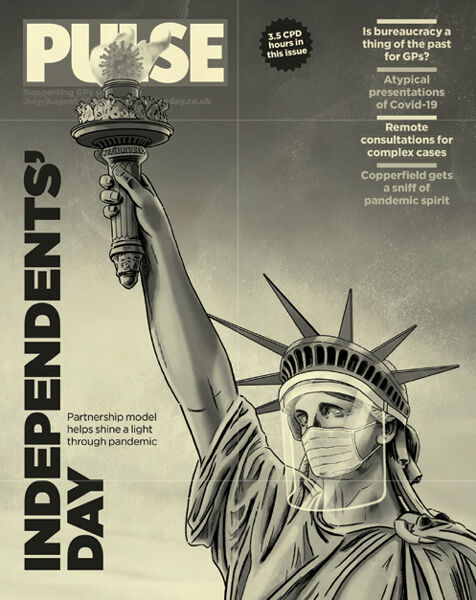
‘Our plans for our 60th anniversary on 17 March 2020 never saw the light of day, because we found ourselves in the biggest story in our history and beyond. We scrapped all our plans because they seemed irrelevant at the time. Our focus changed: we provided our readers with practical advice and support in keeping them safe. GPs were on the front line and I hope we helped them in some small way.’ Jaimie Kaffash, Pulse editor 2018-current
Pulse October survey
Take our July 2025 survey to potentially win £1.000 worth of tokens



